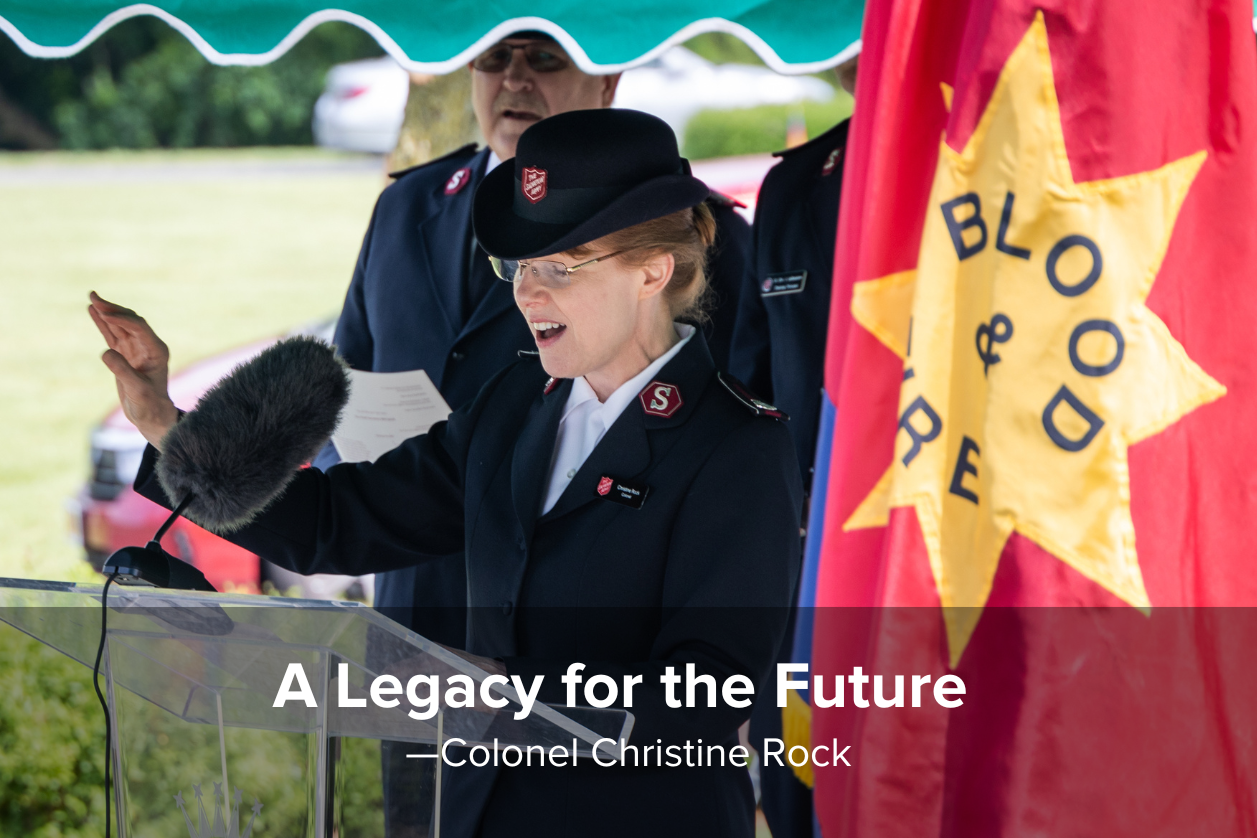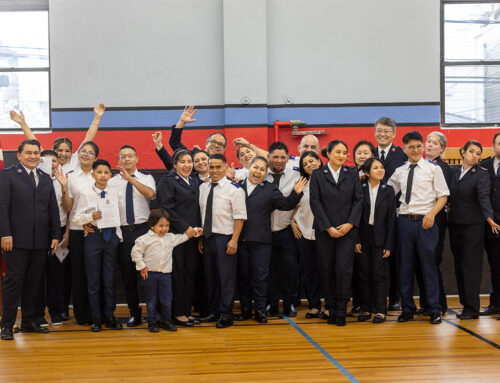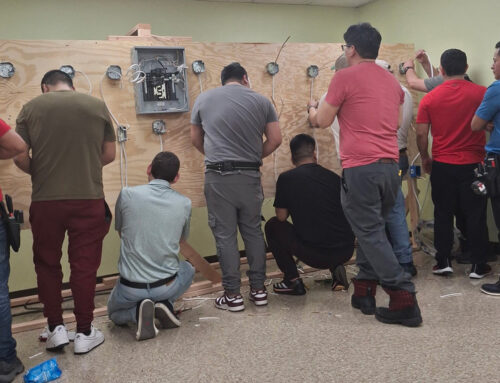
A Legacy for the Future
by Colonel Christine Rock
Years have passed since my mother went to be with the Lord. Yet I still catch myself wondering, “What would Mom think?” and “Would she be proud?” It’s natural, I guess. Do we ever quite reach the point when we no longer care about our parents’ approval? Even when they are gone, we still want to please them by living in a way that demonstrates our respect for what they valued.
The same is true of our thoughts about those who have gone before us in service to God. In The Salvation Army, we celebrate the “Blood and Fire” heroism of previous generations of Salvationists. We recognize their accomplishments during Salvation Army Week and honor their sacrificial living at graveside ceremonies in places such as Kensico Cemetery in Valhalla, N.Y. And we ask ourselves, repeatedly, “What would they think of us?” and “Would they be proud?”
It’s a good impulse. We should consider the “great cloud of witnesses” who await us in Glory. We are wise to take inspiration from their example and strive to echo their passion and dedication to the cause of Christ.
But could there be a downside to trying to live up to the expectations of our predecessors? Absolutely. By trying too hard to follow the example of those before us, we may restrict ourselves from seizing the opportunities that lie before us today. Think of Joshua after the death of his great leader, Moses. Had he insisted upon exclusively walking in Moses’ footsteps, Joshua would not have fulfilled the calling God placed upon his own life (Joshua 1). He would have continued to wander in the desert, rather than moving God’s people to take possession of the Promised Land.
We must keep moving forward.
As organizational psychologist Adam Grant writes in Hidden Potential: The Science of Achieving Greater Things:
It’s more important to be good ancestors than dutiful descendants.
Too many people spend their lives being custodians of the past instead of stewards of the future. … The responsibility of each generation is not to please our predecessors—it’s to improve conditions for our successors.
Looking back has some value. We have a rich heritage in The Salvation Army, and countless lives have been impacted by those who have served in its ranks. But let’s also check our actions today by envisioning our children and grandchildren living decades after we are gone and reflecting on the example we set for them. What answer would they give in response to our questions, “What do you think?” and “Are you proud?”
I pray that they would say, “Yes. Well done. But now it’s our turn!”




